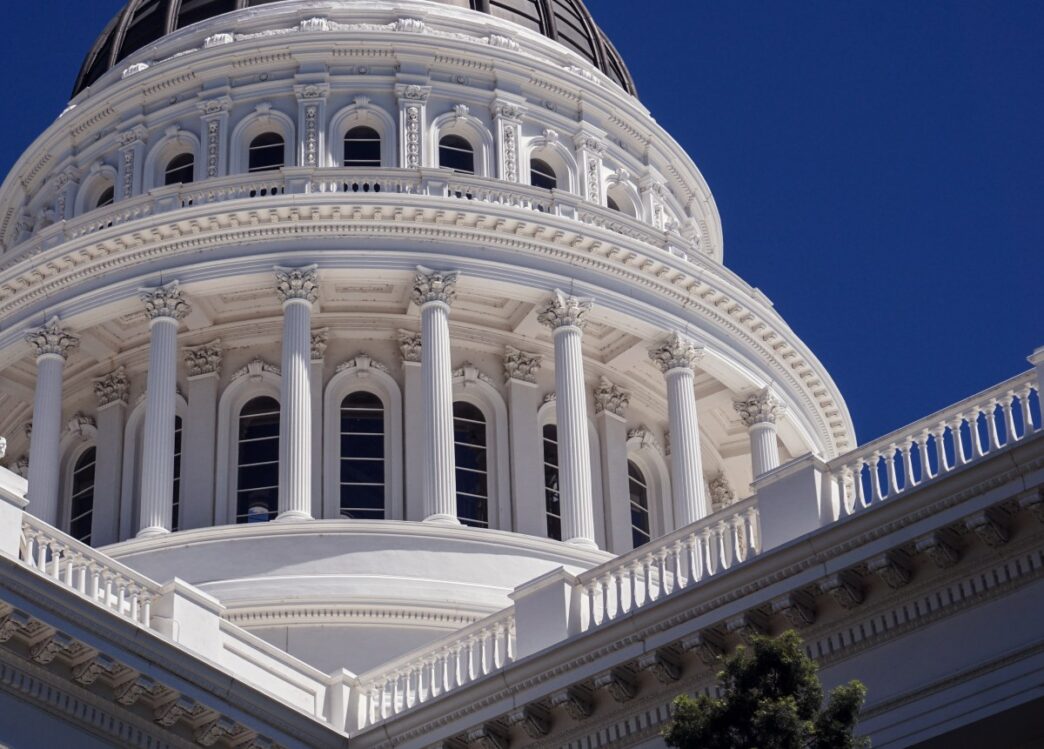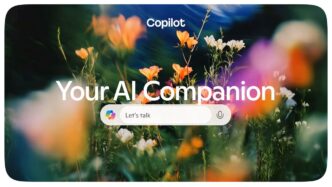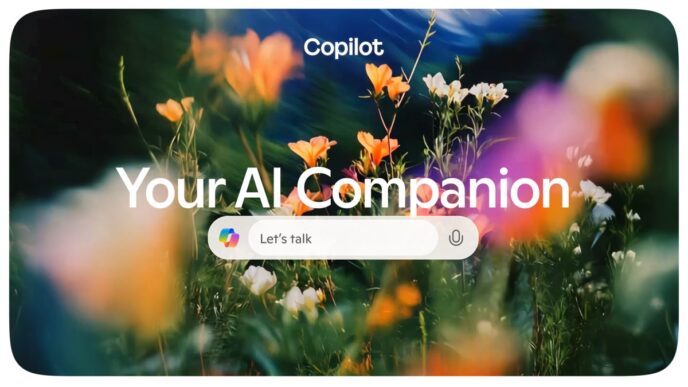California State Senator Scott Wiener introduced strong new amendments to AI bill SB 53, forcing the largest AI companies to publish safety and security protocols and incident reports. This targets giants like OpenAI, Google, Anthropic, and xAI.
The bill follows the defeat of Wiener’s earlier SB 1047, which faced heavy pushback from Silicon Valley and a veto from Governor Gavin Newsom. After, Newsom assembled a top AI policy group including Stanford’s Fei Fei Li to craft better guidelines. SB 53 reflects their latest recommendations demanding clear transparency in AI development.
Wiener’s office says the bill aims to balance transparency with industry growth, avoiding previous industry objections. It stops short of holding developers liable for AI harms and protects startups and researchers using open source or derivative models.
Key points:
- AI firms must disclose safety protocols and incidents.
- Whistleblower protections for employees raising "critical risk" concerns (deadly or costly harm).
- Creation of CalCompute, a public AI cloud cluster for startups and researchers.
- Avoids heavy burdens on smaller players or model derivatives.
The bill now heads to the California Assembly Committee on Privacy and Consumer Protection. If passed, it still requires several legislative approvals before Governor Newsom signs it.
New York Governor Kathy Hochul is considering a similar AI safety bill, the RAISE Act. A federal 10-year AI state regulation moratorium failed in the Senate 99-1, clearing the way for states to lead.
Nathan Calvin from AI safety nonprofit Encode called these transparency demands “a bare minimum, reasonable step.” Former Y Combinator president Geoff Ralston added:
“Ensuring AI is developed safely should not be controversial — it should be foundational.”
“Congress should be leading, demanding transparency and accountability from the companies building frontier models. But with no serious federal action in sight, states must step up.
California’s SB 53 is a thoughtful, well-structured example of state leadership.”
Some AI companies like Anthropic support more transparency, but OpenAI, Google, and Meta remain resistant. Notably, Google didn’t publish a safety report for its Gemini 2.5 Pro model until months after release. OpenAI also skipped a report for GPT-4.1, which faced criticism for weaker alignment.
SB 53 is a pared-down but crucial push for AI accountability. The industry will be watching closely as Wiener presses again for transparency.














